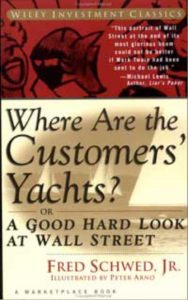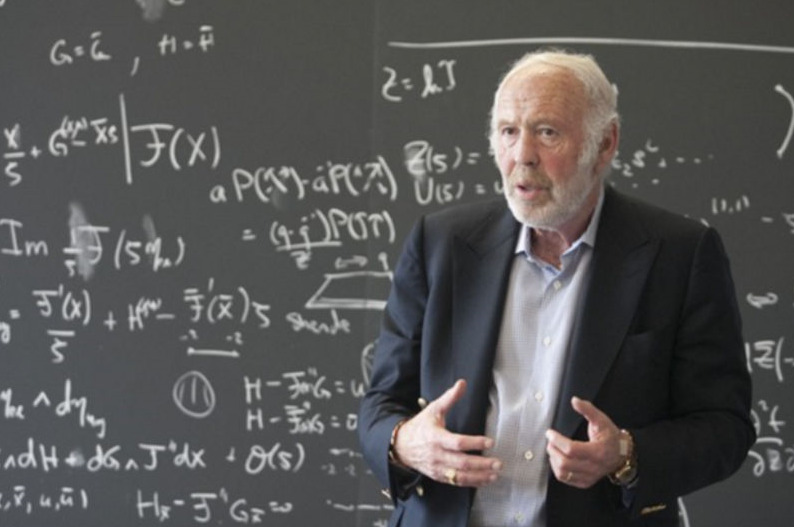What were the greatest trades of all time? Who made them? Here is a list of the who, what, when, where, and how of the greatest trades that were ever made.
While the risk management while executing many of these trades is not what many traders would want, we can see many of these as trend trades and the dangers of fighting the trends. These trades were not all entered into at one time, most of them were built slowly and grew by adding as profits accrued. Most were also watched closely with and eye on the exit button when a true reversal began. Livermore made many probing shorts that he had to stop out as the bull market reversed off support and continued upwards after appearing to roll over. Some of these traders had the sell button ready to push at a seconds notice in case a reversal knocked them out. Some could have been ruined with a little blind sided government intervention that modern day traders are faced with now. But you can not argue with the profits and many of these traders have very long proven records, these were not random trades and they did not just get lucky, most of these were the great play that they landed after decades of research, study, and a life time of great trading.
1. John Paulson’s bet against sub-prime mortgages made his hedge fund a cool $15 billion in 2007, that is billion with a ‘B’. he is only one of a very exclusive club that was able to make this call and win with it. That was a call of a lifetime that everyone was blind to even deep into the crises.
2. Jesse Livermore’s call on the Crash of 1929, Jesse Livermore did not need any computer models, technical indicators, or derivatives to make $100 million dollars ($1.2 billion in today’s dollars) for his own personal account during a time when everyone was bullish and then almost everyone lost their shirts. It was an amazing day when Jesse came home and his wife thought they were ruined and instead he had the second best trading day of anyone in history.
3. John Templeton invested heavily into Japan during the 1960s, when Japan was beginning its three-decade long economic miracle, Templeton was one of the country’s first outside investors. At one point, he boldly put more than 60 percent of his fund in Japanese assets. (more…)

 Markets can be very violent on the downside. The old saying — Markets ride the escalator to the top and the elevator to the bottom — is still quite relevant.
Markets can be very violent on the downside. The old saying — Markets ride the escalator to the top and the elevator to the bottom — is still quite relevant.